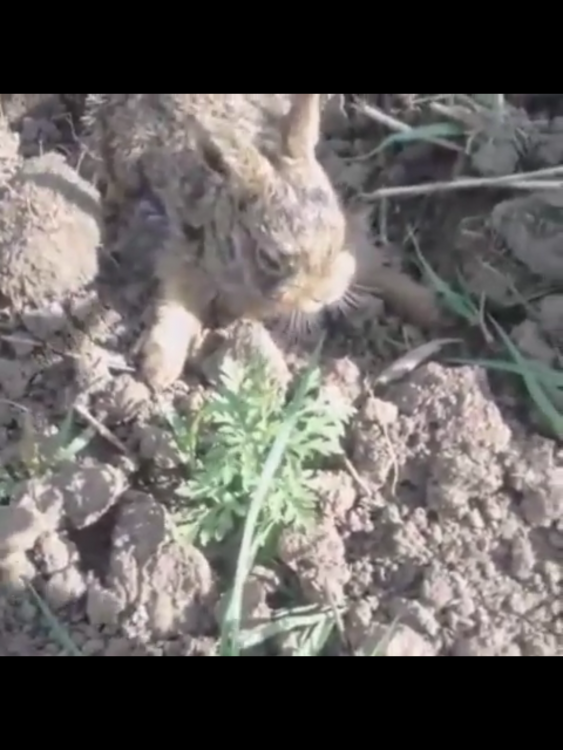Well, I could write pages on that topic, since your questions are not very specific.
It's not done with cages, you need a place for those where they are sheltered from the elements, most notably the heat (don't know what the climate is like where you live).
What would you feed? Forage, or industrial pelleted feed?
Would you raise them just for your own people, a homesteading project, or would you like to make it a business (guess you don't have much less laws and regulations about producing meat than we have here).
You'll need someone to care for them when you are away. It's not that difficult, just a lot of work.
Once you figured out what kind of setup works for you, your resources and climate it's not that difficult to breed meat rabbits, where I come from every second house had rabbits or chicken as a meat source.
One way to get there would be to look at other local breeders. Often mutts, bred for best performance and tolerance for the local climate are a good choice to start with. It is imho not such a great Idea to start with random rabbits you just happen to have.
What about wild rabbits and diseases where you live? (In my first year breeding rabbits Myxomatosis killed 14 of my 15 rabbits, soon after that I bought a house in a valley with lots of predators, but no wild rabbits, much safer) Back then, when my grandparents raised rabbits there was no Myxo, RHD and so on.
I breed for my own needs for 7 years now, and my biggest problem is that I tend to get attached to outstanding characters among the offspring, I barely manage to sell those off as pets or to other small scale breeders. Since mine are mutts I get a lot of different colours and patterns, that would be easier with a single breed where you can't really tell the kits apart.
Also, I broke with the traditional hutch setup pretty soon, my buck and his spayed cuddlebun are now my free range house bunnys, and I keep my 4 does in (mother-daughter) pairs, in rather big hutches and a lot of garden time. Can't be that bad, the other breeder down the road with rabbits from pretty much the same stock but traditional hutches and ways of keeping them had not one surviving kit this year. ( I had only 2 litters (freezer still full from last year), but just one dead kit, the first DOA from my 7 year old doe)
Anyway. There are many ways to do this, first thing to do is to define your goals and assess your resources.








